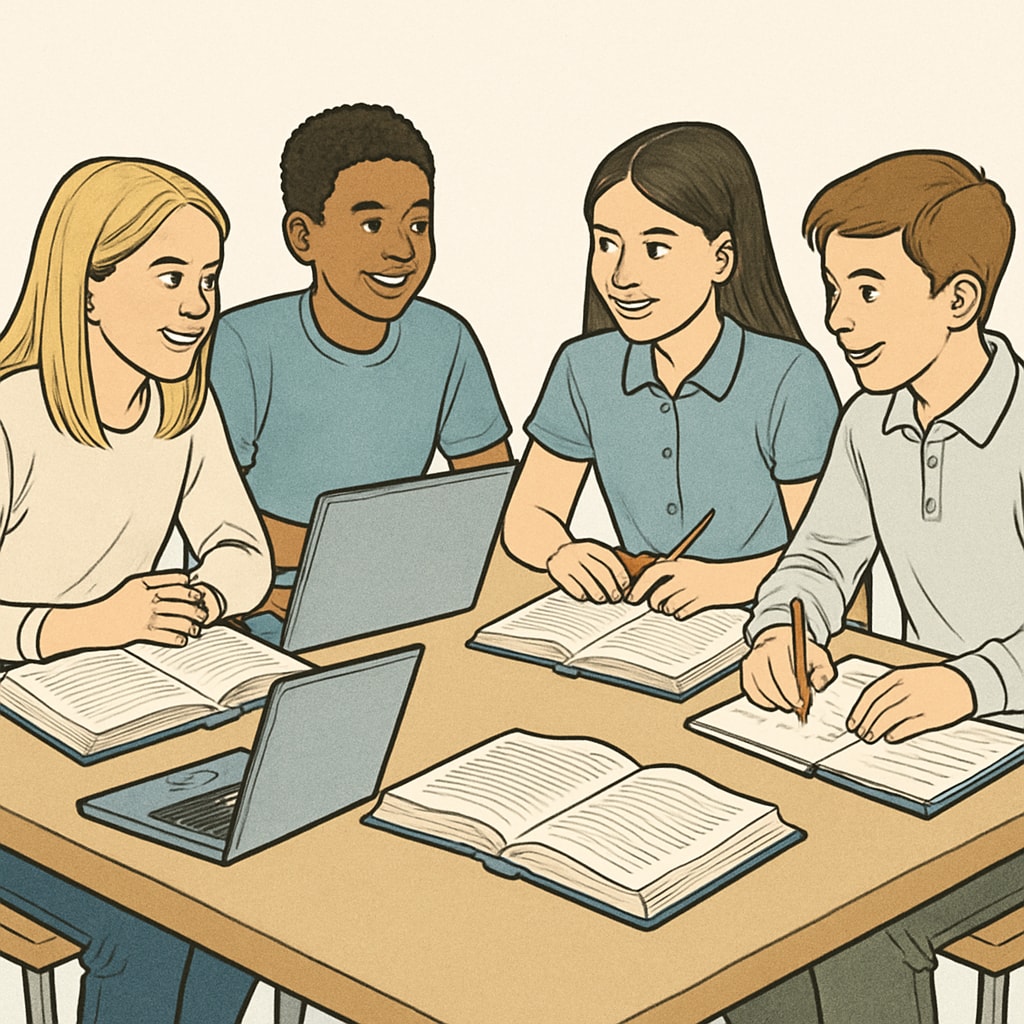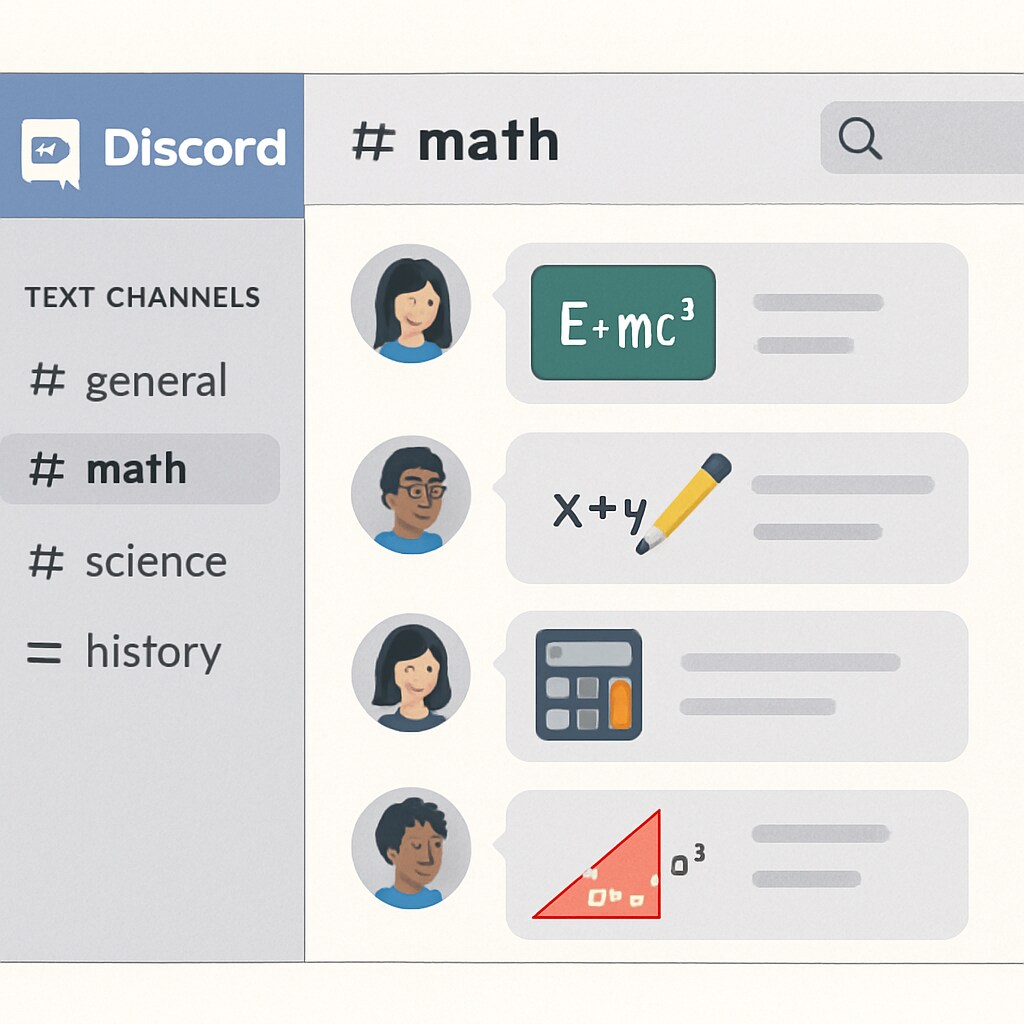In today’s dynamic educational landscape, study groups and Discord communities are reshaping how students learn, collaborate, and develop essential skills for the future. The University of Houston has demonstrated how leveraging these innovative tools can significantly enhance K12 education. By integrating peer networks and digital platforms, educators and students alike are finding new ways to thrive academically and socially in an increasingly interconnected world.
Why Study Groups Matter in K12 Education
Study groups have long been recognized as effective tools for collaborative learning. By participating in small, focused teams, students can share knowledge, clarify concepts, and build confidence in their abilities. For K12 learners, these groups provide a safe space to ask questions, practice problem-solving, and develop communication skills that are vital for higher education and future careers.
Additionally, study groups foster a sense of belonging and accountability. When students work together toward a common goal, they are more likely to stay motivated and committed to their studies. Research has shown that collaborative learning methods improve retention rates and deepen understanding of complex topics. For example, active learning techniques often used in study groups have been linked to higher academic achievement.

Discord Communities: The Digital Hub for Modern Learning
Discord, initially popularized as a gaming communication platform, has evolved into a versatile tool for educational collaboration. The University of Houston has embraced Discord to create virtual study spaces where students can connect, share resources, and engage in real-time discussions. This approach caters to the digital native generation, offering flexibility and accessibility that traditional study groups may lack.
One of Discord’s strengths lies in its ability to organize information effectively. Channels can be created for specific subjects, assignments, or even extracurricular interests, ensuring that students can easily find relevant content. Furthermore, Discord supports multimedia sharing, voice chats, and integrations with other educational tools, making it a comprehensive solution for modern learning.
For K12 educators, Discord presents an opportunity to bridge the gap between classroom learning and remote collaboration. By encouraging students to participate in these communities, teachers can nurture critical thinking, teamwork, and digital literacy skills. Learn more about the role of technology in education.

Implementing Study Groups and Discord in K12 Settings
While the benefits of study groups and Discord are clear, successful implementation requires careful planning and support. Here are some practical steps for educators looking to enhance K12 learning through these methods:
- Create structured groups: Assign students to study groups based on their strengths, interests, and learning styles. This ensures balanced contributions and mutual support.
- Introduce Discord gradually: Start with simple channels for homework help or discussion topics before expanding into larger, more complex virtual communities.
- Train students on digital etiquette: Teach responsible online behavior to maintain a positive and respectful environment within Discord communities.
- Monitor progress: Regularly assess the effectiveness of study groups and Discord interactions through surveys or feedback sessions.
By following these steps, educators can create a seamless integration of physical and virtual collaboration, empowering students to succeed in both academic and personal growth.
Looking Ahead: Shaping the Future of Collaborative Learning
The combination of study groups and Discord communities represents a transformative shift in K12 education. As demonstrated by the University of Houston, these tools enable students to connect, collaborate, and excel in ways that traditional methods may not fully support. By embracing digital platforms and fostering teamwork, educators can prepare learners for the challenges of tomorrow.
In conclusion, the success of study groups and Discord communities in K12 settings relies on thoughtful implementation and active participation. These approaches not only enhance academic performance but also build critical skills such as communication, problem-solving, and adaptability. The University of Houston’s innovative practices offer valuable insights for educators striving to create a more collaborative and engaging learning environment for their students.
Readability guidance: Use concise paragraphs and bullet points for clarity; ensure active voice in most sentences; distribute transitional phrases throughout the article; avoid excessive jargon while maintaining a professional tone.


